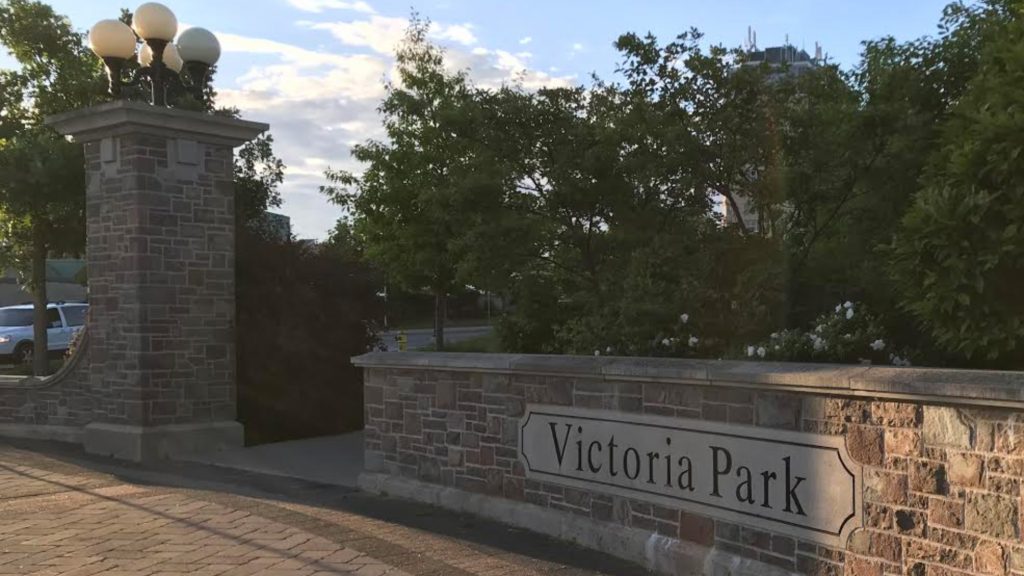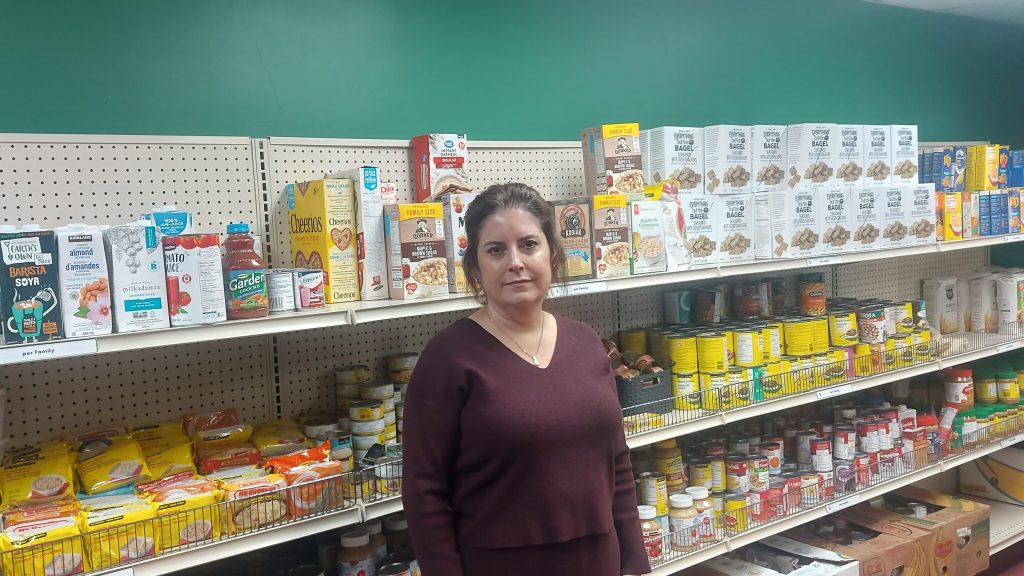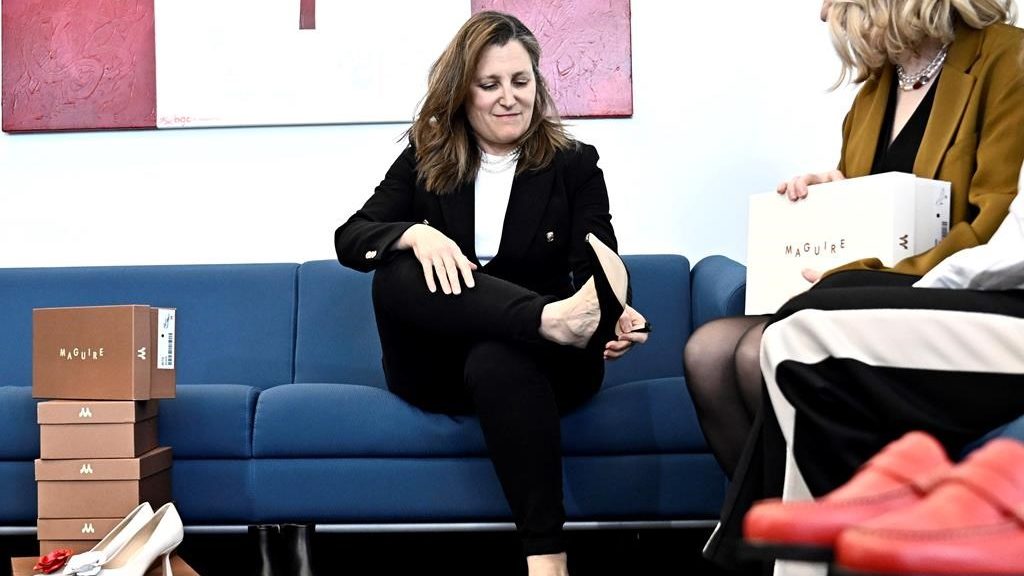Syrian activists in hiding 1 month after Islamic State group plot in Turkey killed 2
Posted Dec 17, 2015 03:13:33 PM.
Last Updated Dec 17, 2015 05:23:14 PM.
This article is more than 5 years old.
ISTANBUL – The killing of the young Syrian activist took place close enough to his home in southern Turkey that his youngest brother heard his piercing scream. Ibrahim Abdelqader’s attackers stabbed him dozens of times and left his partially decapitated corpse hanging from a doorframe.
His family and colleagues say he was killed by a secret operative from the Islamic State group who befriended him before the attack. The message from IS was clear: Its enemies are not safe, even across borders.
More than a month after the slaying of Abdelqader and his friend Fares Hamadi, the media collective that Abdelqader belonged to — which secretly documents life at the heart of the Islamic State group’s self-proclaimed caliphate — has been forced into deep hiding.
IS claimed responsibility for the killings in a video message warning that “every apostate will be slaughtered silently.” It was a grim riff on the media collective’s name — Raqqa is Being Slaughtered Silently, a reference to the Syrian city of Raqqa that has become synonymous with IS and its efforts to build a caliphate.
Last month, the activist media group received the 2015 Committee to Protect Journalists’ International Press Freedom Award for its work in one of the most terrifying cities of the world, monitoring IS and countering its steady stream of propaganda with factual accounts.
Their reports from Raqqa have tackled everything from the conscription of children to the sexual slavery of Yazidi women brought from Iraq. They have documented public killings, flagged the deaths of Western hostages, and tracked the bombs dropped by the Syrian regime as well as the U.S., France and Russia.
Now the Oct. 29 slaying of Abdelqader and Hamadi raises concerns about the safety of anti-IS activists in Turkey, a country that only recently grasped the scale of the terror threat within its own borders.
The killings extended the reach of the campaign already being waged by IS against the collective. In the mosques of Raqqa, Friday sermons regularly feature diatribes against the activists. IS killed three men this year that it accused of belonging to the network, although members say they actually were the father and friends of activists. On Wednesday, an activist with the group, Ahmed Mohamed al-Mousa, was killed in the northwest Syrian province of Idlib by masked assailants.
“They have threatened all of us,” said Abdelaziz Hamza, a co-founder of Raqqa is Being Slaughtered Silently, who travelled to the U.S. in November to receive the journalism award. “We don’t know who could be the next one.”
Abdelqader, 22, and Hamadi, 20, were killed by Islamic State operatives in the southern Turkish city of Sanliurfa on a balmy night that the two friends thought would be perfect for relaxing with a water pipe.
The media activists say the man who boasts of masterminding the attack was a familiar face — Tlass al-Surur, who had arrived from Raqqa a few months earlier. They say Surur claimed he had come to Turkey to seek work and slowly won Abdelqader’s trust, enough to carry out regular visits to his home.
All Syrian media activists, whether they are documenting the daily atrocities committed by President Bashar al-Assad’s government or the sensational violence carried out by IS, take precautions.
Abdelqader was careful. With a general distrust of strangers, he masked his identity by using the pseudonym Baz al-Furati when dealing with Arab-language news networks.
But IS was cunning. Surur cultivated a friendship with Abdelqader in Turkey over the course of months.
Some say Surur lured Abdelqader by introducing himself as an IS defector, which would have presented the prospect of an irresistible trove of information. But Abdelqader’s 34-year-old brother, Ahmed, insists the ruse was less elaborate: His brother simply warmed to Surur.
Ibrahim Abdelqader, after all, also was originally from Raqqa. He, too, was trying to make a new life for himself in Turkey, while keeping close tabs on his native Syria.
“That was enough for Tlass to get close or attempt to get close to Ibrahim,” said the elder Abdelqader, who spent many nights in the family’s home with Surur. “Ibrahim had a good heart. He cared for the men and women of his country.”
Ibrahim Abdelqader’s slaying was carefully orchestrated, friends and family believe; they suspect that Hamadi, who joined another activist group, Eye on Homeland, a month before his death to design images and logos, was just at the wrong place at the wrong time.
“His only sin was that he was a friend of Ibrahim and that he would go everywhere with him,” Ahmed Abdelqader said. “What confirms that they had come to take revenge specifically on Ibrahim is that his body was stabbed more than 40 times.”
It was about 11:15 p.m. when 16-year-old Amer Abdelqader heard a sharp scream coming from the direction of Surur’s apartment across the street, where his brother had gone for a night of fun with friends.
The teen ran over, climbed three flights of stairs and knocked on the door. When there was no reply, he thought perhaps it was nothing.
The young men’s bodies were not found until the next morning, when Ahmed Abdelqader and friends went to check on why they were late for work and found the grisly scene —his brother’s body hanging from a doorway and Hamadi lying in a pool of blood, his throat slit.
“From the very first day, we knew that IS will not leave us alone, that there will be threats,” said Tim Ramadan, another member of Raqqa is Being Slaughtered Silently, who uses a pseudonym for security reasons. “Stopping our work is an option that is definitely not up for discussion — regardless of the threats or what happens.”
That same defiance is evident in Ahmed Abdelqader, who broke away from the Raqqa activist group to establish Eye On Homeland.
“They thought that by killing Ibrahim they will stop our work,” Abdelqader said. “I will stay here and carry on working until we go back to our country, until we go to Raqqa, until we are done with IS.”
The Committee to Protect Journalists has called on Turkish authorities to bring the perpetrators to justice. “The murders show how the grave risks journalists face in Syria have metastasized across the porous border with Turkey,” said Nina Ognianova, the group’s Europe and Central Asia program co-ordinator.
Turkish police said they were looking for Surur; preliminary information suggests he crossed into Syria the morning after the slayings, and activists say he has since been seen in Raqqa. Three other suspects remain at large.
Ahmed Abdelqader said Surur bragged about carrying out the attack in a phone message and still sends a steady stream of threats.
CCTV footage and witness testimony charts a rough timeline of events. It appears Hamadi was killed first, presumably by two men who entered the building shortly after Surur and Ibrahim Abdelqader stepped out to buy some cooking gas.
A fourth man entered the building immediately after the two returned to the apartment. Ahmed Abdelqader believes the short scream marked the moment when his brother discovered his friend lying dead in a pool of blood.
“I expect that Ibrahim was startled to find Fares’ dead body and started screaming,” Abdelqader said. “Immediately, they cut his head and started stabbing him.”
The Abdelqader family has since moved, but peace of mind remains elusive.
“They’ve sent me several threats through WhatsApp and Facebook — threats saying that they killed Ibrahim, that they are near us, that they are watching me and it is my turn next,” said Ahmed Abdelqader.
“For every one of us, there is a reward of $50,000 — not as a whole group but for each member,” said Mohammed Khedr, another member whose primary work is now with the activist group Sound and Picture.
The remaining members of Raqqa is Being Slaughtered Silently — roughly 30 people, mostly based in Syria — are taking extraordinary precautions. Those in Turkey have changed residences and avoid encounters with contacts that have not been thoroughly vetted.
Most lack passports or the documents needed to get out of the country.
The Committee to Protect Journalists says it has been working to help activists and family members relocate, but Abdelqader says more needs to be done.
“We are being killed. We are being threatened on a daily basis by IS,” he said. “What is strange to us is that no one has showed any concern, not even the organizations that protect journalists. No state has offered us protection or offered to help protect my family. No one has given us a helping hand.”
___
Butler reported from Washington.
___
Follow Butler at https://twitter.com/desmondbutler
Follow Soguel at https://twitter.com/dsoguel










